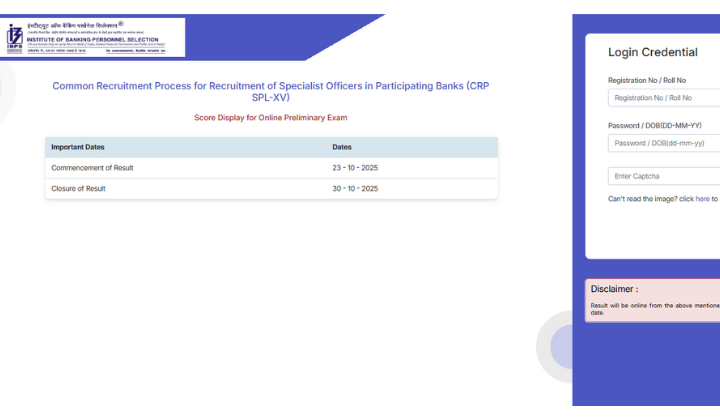Now Reading: Turning Setbacks Into Stepping Stones: How to Handle Failure Positively
-
01
Turning Setbacks Into Stepping Stones: How to Handle Failure Positively
Turning Setbacks Into Stepping Stones: How to Handle Failure Positively

Failure is never easy, but it’s often the first step toward success. Whether you’re a student facing academic pressure, a small business owner in a Tier 2 city, or someone dealing with personal setbacks, learning to handle failure with a positive mindset can be life-changing. The way we respond to failure can shape our future more than the failure itself.
Accepting Failure Without Shame
The first step is to accept that failure is a part of life. Everyone fails — from top athletes to school students. What matters is how we respond. Avoid self-blame, and instead, try to see the situation clearly. Was it a lack of planning, effort, or just external circumstances? This honest evaluation opens the door to growth.
Reflect, Don’t Regret
Failure should be treated as feedback, not a final verdict. Reflect on what went wrong, but don’t dwell on it emotionally. Ask questions like: What did I learn? What could I have done differently? This approach helps develop resilience, especially in Tier 2 cities where opportunities may be fewer, but learning from experience can set you apart.
Stay Connected, Not Isolated
One of the biggest mistakes people make after failing is to withdraw. Talk to family, friends, mentors, or teachers. Many successful people from non-metro towns have bounced back because they had a strong support system that encouraged them to try again.
Set Fresh Goals, One Step at a Time
Failure often causes us to lose direction. The solution is to set new, realistic goals — even if they’re small. Whether it’s reattempting an entrance exam, rebuilding a startup, or healing from a personal loss, breaking down the journey into manageable steps helps rebuild confidence.
Avoid Comparing With Others
In today’s social media age, it’s easy to feel left behind when others seem to be succeeding. But everyone’s timeline is different. Many youngsters in cities like Indore, Nagpur, or Surat are quietly working through failures and creating their own success stories — away from the spotlight.
Build Mental Strength Daily
Handling failure is also about training your mind. Practices like journaling, meditation, or even a short daily walk can help reset your perspective. Keeping your routine going even after a setback builds inner discipline and prevents negative thoughts from taking over.
Conclusion
Failure is not the end — it’s an important teacher. The ability to bounce back, learn, and move forward with renewed purpose is what defines real strength. Whether you come from a small town or a big city, remember that every setback holds a lesson. Handle it with patience, positivity, and persistence, and you’ll find that failure often leads to your most meaningful growth.
























